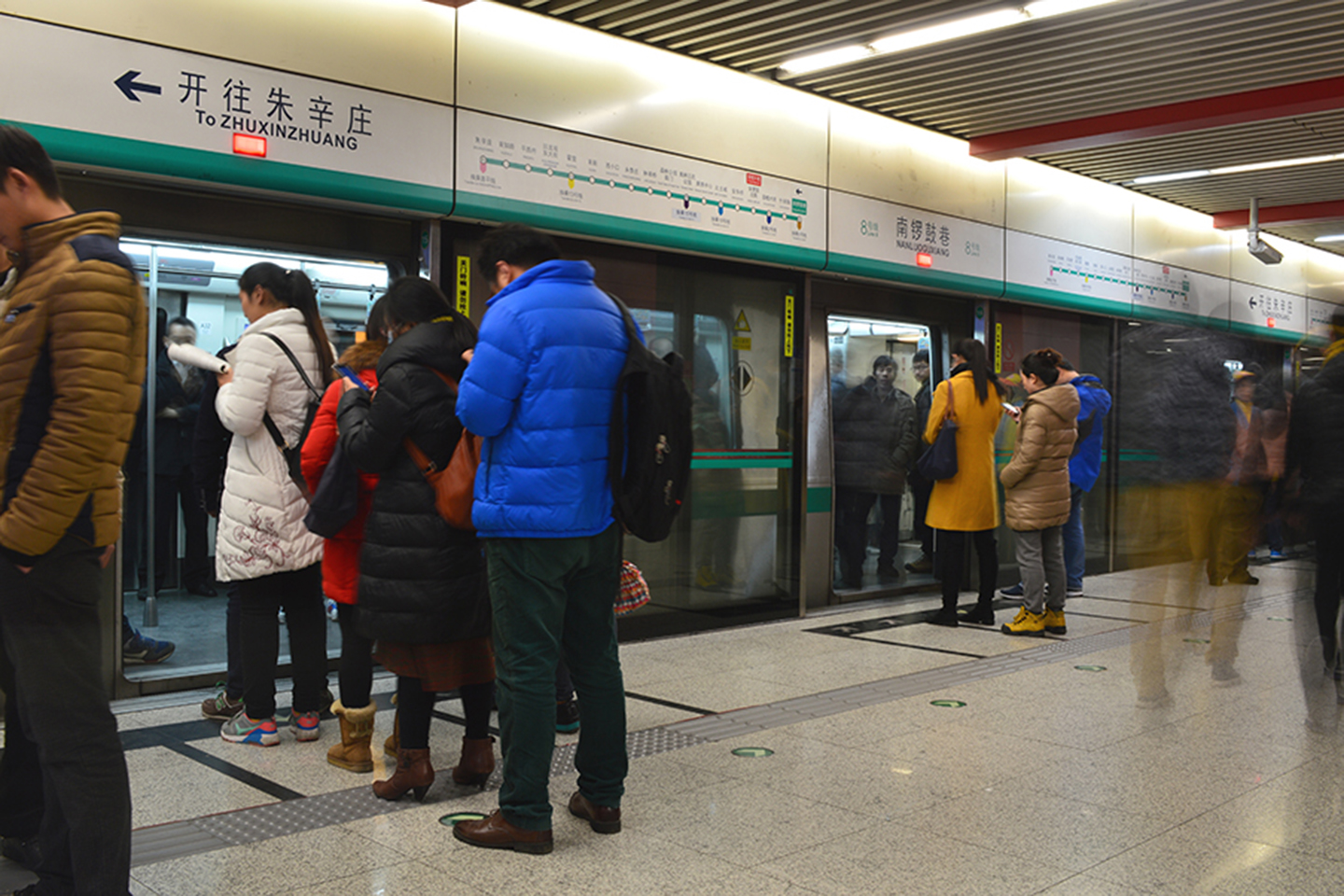A study reveals four types of “extreme mobility” in Beijing
Four researchers conducted a study on mobility behaviours using the Beijing subway maps frequentation database. According to this study, there are four “extreme” types of behaviours: those who get up very early, called “early birds”; those who come home late, called “night owls”; those who cross long rides, called “tireless itinerants” and those who travel several times a day, called “recurring itinerants”.
This database has been rarely used, although it happens to be very useful for the study of mobility behaviour of Beijing’s inhabitants. During the week of study (from 5th to 9th April 2010), researchers have recorded over 9 million trips on the 1,929 bus lines and 9 subway lines. This data was then transferred to the form of maps. 2% of these 9 million recorded trips are “extreme” trips. Along with this database study, researchers completed their investigation with a questionnaire, so as to understand these people’s behaviours more precisely.
The “early birds” wake up very early (at least twice per week before 6 am) to go to work (60.2%), to school (11.8%) or for entertainment purposes (10.9%). The main destination for them is Xizhimen. Their salaries are often low and they work full-time. It is rare that they have cars. 96.2% of the “night owls” take public transports to go home late (after 10pm at least twice per week). Their salaries are often low, most of them work full-time, rent accommodation and do not own a car. All the “tireless itinerants” have long trips of over an hour and a half at least twice per week to go to work and come back home. Several of them live in remote outskirts such as Tongzhou, Huilongguan or Tiantongyuan. Most of them also work full-time, rent accommodation and do not possess the Beijing hukou. Lastly, the “recurring itinerants” use public transport more than 30 times per week (5 times per day). 31.2% go to eat, 11% do groceries. Most of them live in Beijing city centre and 38% are retired.
-
2016/07/07

-
Beijing

-
Modu Team


the other map
Explore arrow
arrow
loading map - please wait...




